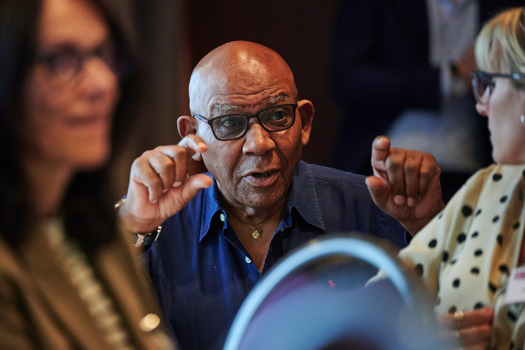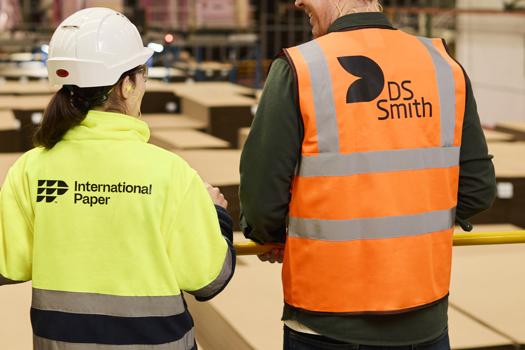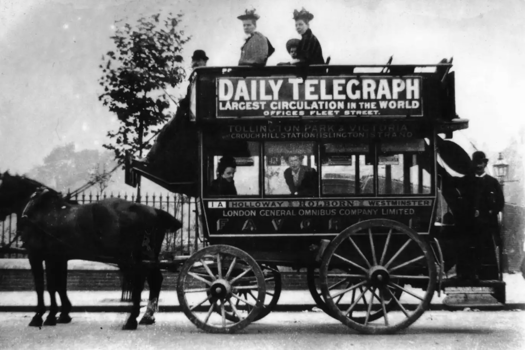In December 2010, the government launched an investigation into the Intellectual Property framework. It looked at ways of making the patenting process quicker and easier, in order to ensure innovation can happen in the UK on a regular basis.
An independent review was carried out by Ian Hargreaves, professor of journalism at Cardiff University, which made 10 recommendations for improving the framework. One of those recommendations was aimed at SMEs and individuals, who often find they are hampered by the cost and red tape associated with obtaining a patent.
With its focus on improving efficiencies, the print industry is a hotbed of innovation. But for every press giant with a huge R&D budget, there will be dozens of individuals trying to get their ideas built, not knowing how to do it and not knowing how much money they will need to achieve this goal.
One of those men is Craig Collins, a print finisher from Scotland. He currently has a patent pending, so does not wish to disclose his product, but says: "It is an attachment for a finishing machine and it will make it do something it has never been able to do before. I have used it, tested it and it does work."
He applied for a UK patent in April this year and is currently working towards worldwide protection. He is in the process of applying for a £10,000 grant through Scottish organisation Starter for Six, which he hopes will cover the application, as well as some advertising. While unwilling to discuss the product itself, Collins is more than happy to discuss the last 18 months, which have been neither easy nor cheap.
He explains: "The first patent attorney I spoke to wanted to charge £4,000 just to do the application and I didn’t know any better so I assumed that was the cost. But I spoke to Innovators Counselling and Advisory Services in Scotland (ICASS) and they advised me to shop around, I found a guy who had left the company I spoke to and set up specifically to help small businesses.
"There are good guys out there, but there isn’t much to point you in the right direction. A lot of what I have found, like Starter for Six, was through word of mouth."
The worldwide patent protection is costing Collins £5,000, which is not an easy sum of money for an individual to put together. He has already turned to family members for help getting funding for the initial patent. This is another area that he feels needs more support.
"Unless you are corporate-based you are up against it," he says. "You can get backing, but I don’t want backing. There is less for you then. I have put everything into this and I don’t want to share it with a venture capitalist just because they have a bit of money to throw around."
Expert aid
One of the things that Collins has done is seek the advice of experts, which led him to Tech-ni-fold managing director Graham Harris.
In the late 1990s, Harris designed the Tri-creaser, a tool that was applied to folders in order to pre-crease and prevent cracking. Harris has grown the business into a £2m-turnover company, but it has not been without its problems where patenting has been concerned.
He says: "So far our patents have successfully protected us against infringement three times and we are locked in litigation right now in a fourth case, which should hopefully conclude quite soon.
"This latest case has been going on for almost three years and has been very frustrating for me personally. The financial impact has been significant. In fact, when people ask me how many we employ full time, I usually include the two lawyers in the US who are acting for us. When I mention this, people think I am joking, but for the money we pay out on legal fees to protect our products we could employ at least two more sales staff."
Harris says his Leicester-based firm has adopted a "big company mentality" to protect itself worldwide. The company has had to put provisions in place, with funds set aside specifically to pursue potential infringers.
Obviously, Harris is often approached at trade shows by other print industry members who want to follow in his footsteps. However, Harris says that naivety is prevalent.
He says: "Enforcing patents can take months and even years, not to mention thousands of pounds in legal fees; I know why a high percentage of inventions fail, or fall into the hands of a larger organisation.
"Is it difficult for small companies to protect their patents? Absolutely – near on impossible. Tech-ni-Fold is definitely in the minority. You are always under pressure to sell large volumes of your product so that you can not only improve them, but protect them too, this is really sad."
In his review, Hargreaves calls for the government to draw up plans to improve accessibility of the IP system to smaller companies, including access to lower cost providers of integrated IP legal and commercial advice. The government is currently looking over the review and taking evidence from a number of organisations. It seems the review of the system takes as long as it does to achieve a patent. Hopefully, once it has been completed, the system will look a little more kindly on smaller businesses and individuals, so innovators like Craig Collins will not be dissuaded from pushing ahead with their ideas.
30-SECOND BRIEFING
• Applying for a patent is a long and potentially very costly process. Don’t expect your idea to be winning awards and selling in the millions within weeks of you thinking of it
•Seek the advice of business owners that have gone through similar experiences, as well as organisations, such as ICASS
• Shop around for patent lawyers. Don’t accept the first quote you get as the standard price as there are specific lawyers aimed at helping small businesses and individuals
• Seek out grants aimed at innovation – the UK is desperate to keep innovation within the country, as many ideas are going abroad, so there should be plenty of places available to help
• Once your product is up and running, be prepared to continue paying to protect it. There is always somebody looking to make a few quick pounds off of somebody else’s idea
Have your say in the Printweek Poll
Related stories
Latest comments
"Thank you for the opportunity to comment on this Jo, and PrintWeek!
Please feel free to get in touch with the Howden Print Team to arrange your own Free of Charge Cyber Micro-Penetration Test to help..."
"I never quite understand the statements such as "achieved such a positive outcome for this well-established business".
The established business unfortunately failed and no longer exists, a..."
"Genuinely sorry to read this."
Up next...

Commitment, presence and energy will be much missed
Tributes paid to Lascelle Barrow

Around 300 roles may be affected
International Paper to close five UK packaging sites

Asset ownership delayed process
Reflections to be liquidated

'Start of a new era'






